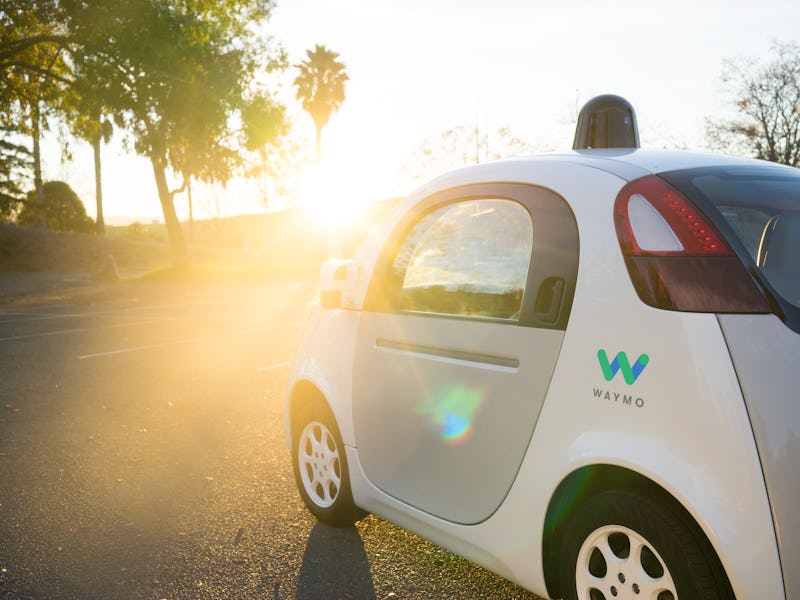Waymo, Alphabet’s self-driving car company, is suing Uber for allegedly stealing intellectual property. The lawsuit is a pretty big deal, especially since the ride-sharing company is besieged on all fronts by bad press, but it turns out that Waymo found out about the alleged stealing in the first place due to a classic workplace screw up. That’s right — somebody sent an email to the wrong person.
In a lawsuit and corresponding statement posted to Medium on Thursday, Waymo explained that it was suing Uber and Otto, the self-driving startup Uber acquired last summer, because the companies are “misappropriating Waymo trade secrets and infringing our patents.”
The big accusation is that Otto and Uber swiped Waymo’s LiDAR (Light Detection and Ranging) system that uses millions of bouncing laser beams to map out the 3D space around a self-driving car. Otto also has a LiDAR system of its own — in fact, that’s a large part of why Uber wanted to buy the startup just six months after the trucking company launched. An errant email revealed that the two systems are suspiciously alike.
“Recently, we received an unexpected email,” Waymo explains in a Medium post. “One of our suppliers specializing in LiDAR components sent us an attachment (apparently inadvertently) of machine drawings of what was purported to be Uber’s LiDAR circuit board — except its design bore a striking resemblance to Waymo’s unique LiDAR design.”
Essentially, a supplier thought they were emailing Uber its own designs, but accidently sent the plans to Waymo… who realized they looked pretty darn similar to its own.
A human driving an Uber car.
This email goof prompted Waymo to do a little internal digging, and they found that Anthony Levandowski, a former employee who went on to co-found Otto, allegedly stole more than 14,000 highly confidential design files from Waymo. If Waymo is to be believed, the dude was thorough:
To gain access to Waymo’s design server, Mr. Levandowski searched for and installed specialized software onto his company-issued laptop. Once inside, he downloaded 9.7 GB of Waymo’s highly confidential files and trade secrets, including blueprints, design files and testing documentation. Then he connected an external drive to the laptop. Mr. Levandowski then wiped and reformatted the laptop in an attempt to erase forensic fingerprints.
Waymo says that Levandowski (who is a bit of a tech golden boy) wasn’t the only employee to swipe from them. It certainly seems possible that the supplier meant to send the designs to a current Uber employee but that dang ol’ autocomplete sent it to an old Waymo address.
An Uber spokesperson told Inverse: “We take the allegations made against Otto and Uber employees seriously and we will review this matter carefully.”
No exact figures were given in the filing, but it looks like Waymo is seeking a substantial payout.
“Competition in the self-driving space is a good thing; it pushes everyone to develop better, safer and more affordable technology,” Waymo explains in both the filing and Medium post. “But we believe that competition should be fueled by innovation in the labs and on the roads, not through unlawful actions.”
